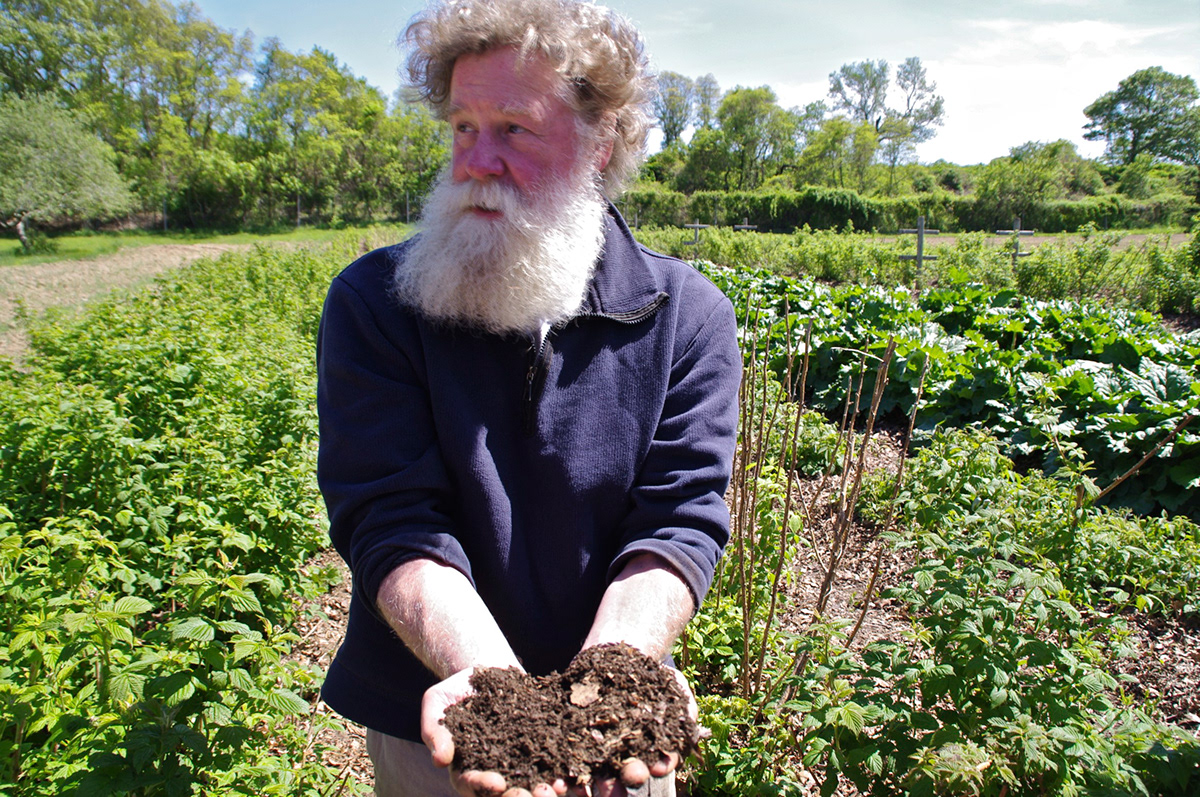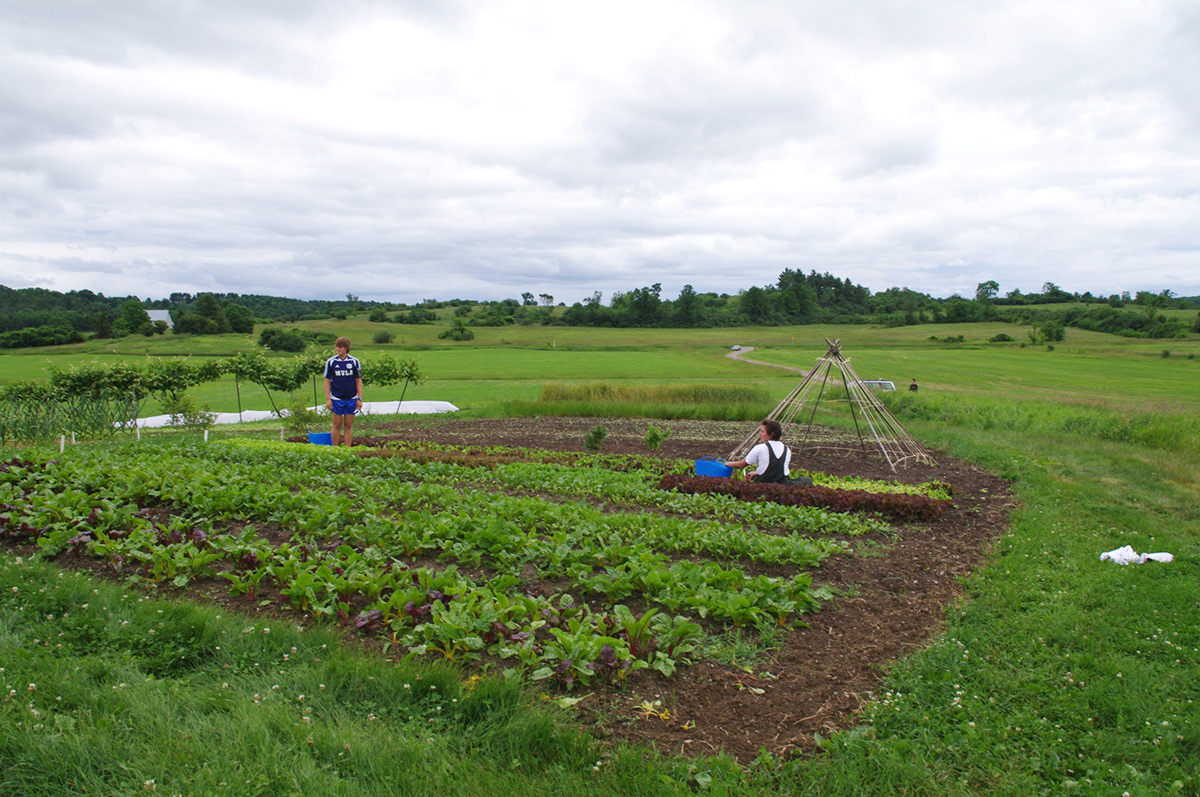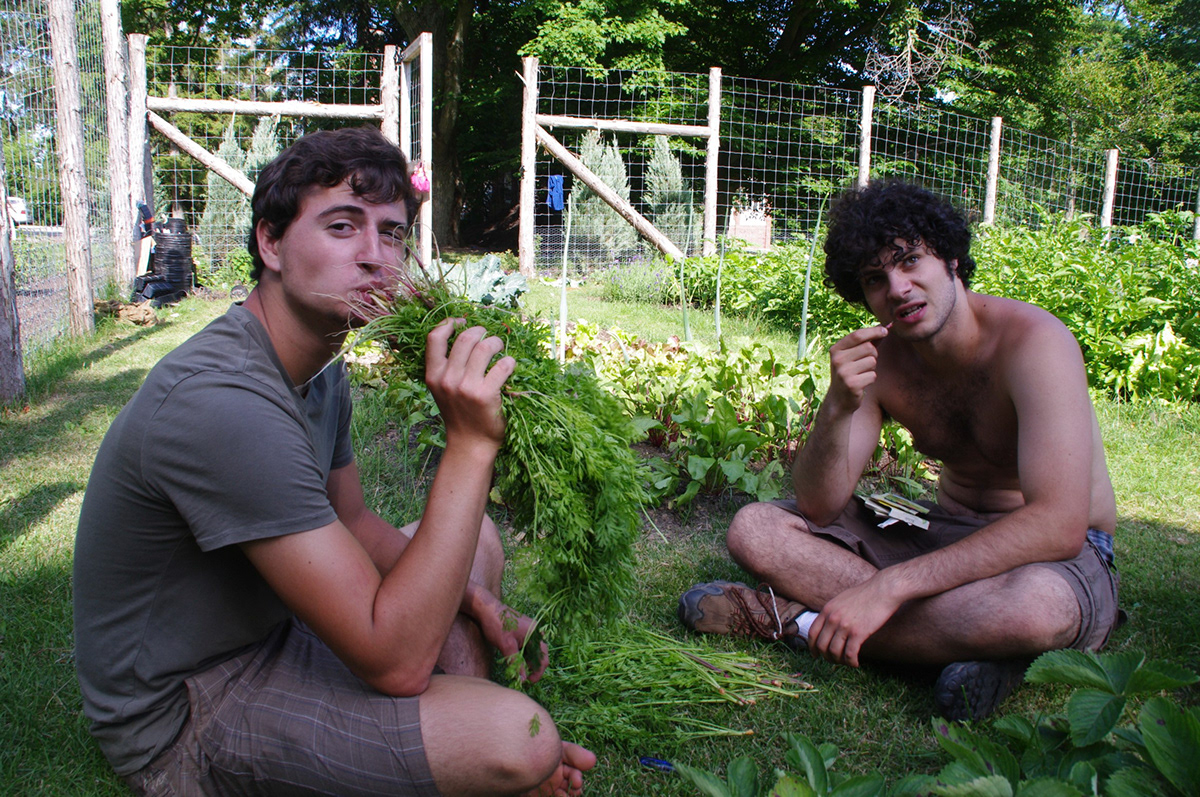the farm(er) project
a photo ethnography
a photo ethnography

Quail Hill Farm, Amagansett, NY
This is the Farm(er) project. Why the (er)? To start, not all of the people featured here would want to be called farmers: some may prefer gardener, forager, educator, activist, or poet. They are not necessarily “foodies,” either. They are our food people; their hands, minds, and hearts work to feed the rest of us. Second, this book is equally about the person who tends the land and the land itself. The farm and the -(er). These are farm(er)s.

Middlebury College Organic Farm, Middlebury, VT

Shelburne Farms, Shelburne, VT

Garden of Eve, Long Island, NY

Eagle Street Rooftop Farm, Brooklyn, NY

Stone Barns, Pocantico Hills, NY

Lake Forest College Garden, Lake Forest, IL

Cook County Boot Camp, Chicago, IL

Growing Power Iron Street Farm, Chicago, IL

Talbott Farms, Palisade, CO

Osage Gardens, New Castle, CO

Backyard Bounty, Portland, OR
Less than one percent of people working in the United States claim to be farmers, according to the EPA. So how is it that the remaining ninety-nine percent of working people have a hard time learning where their food items originated? Certainly an awareness to food is on the rise, but how is this really affecting the people who are food producers? How do we get to the point of sustainability, given the extant system?
I embarked upon this project in 2009 in order to gain a better understanding of the variety of sustainable agriculture models in the US. The photos are intended to create a narrative around a variety of types of farms as the viewer observes different details. The focus of my travels was to find mentors and friends in my own farming journey, and so I sought small-scale, organic, educationally oriented people and places.
I embarked upon this project in 2009 in order to gain a better understanding of the variety of sustainable agriculture models in the US. The photos are intended to create a narrative around a variety of types of farms as the viewer observes different details. The focus of my travels was to find mentors and friends in my own farming journey, and so I sought small-scale, organic, educationally oriented people and places.

